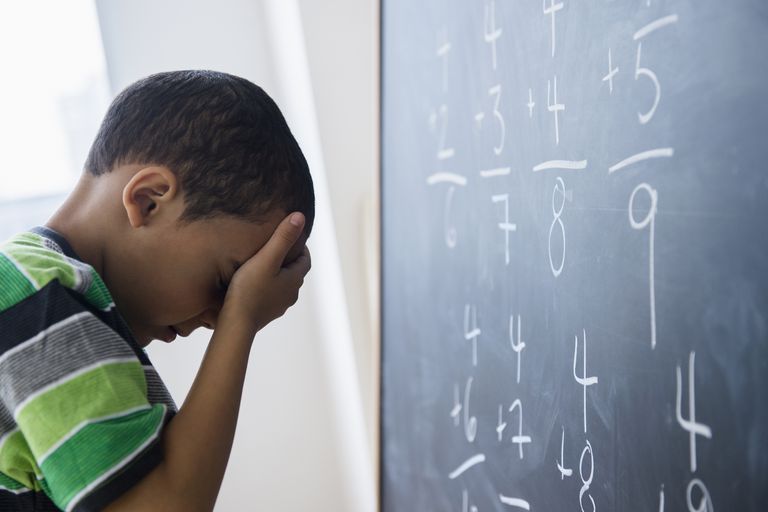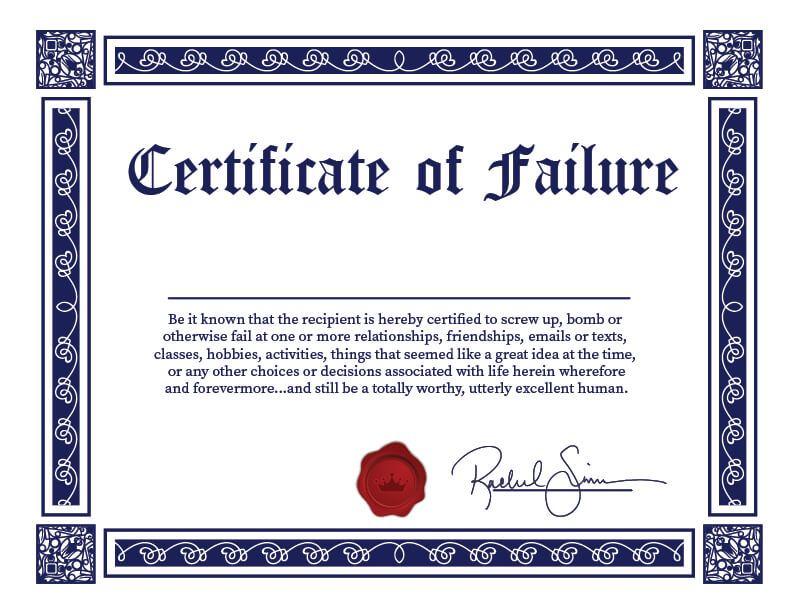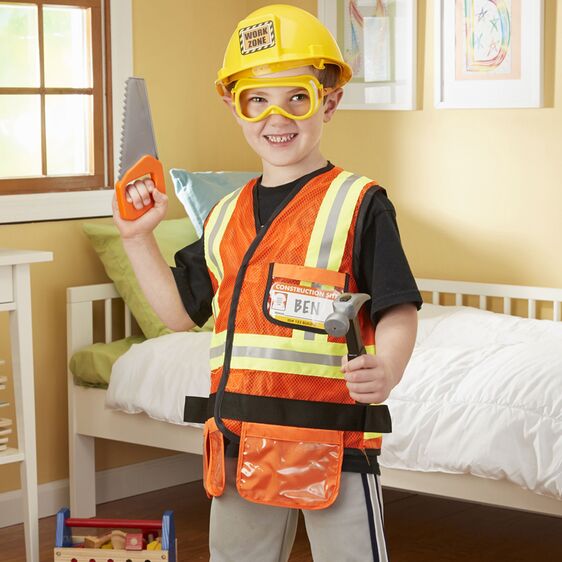When children are young and their personalities start to emerge, you can begin to see their desires and preferences in the choices they make; what toys they chose to play with, with whom they chose to play, or how much imaginative play they engage in. Many of those preferences carry into adulthood and can form the basis for an enjoyable career. Sometimes, however, kids can be discouraged from doing what they love because they are convinced they're not good at it or there's no value in it. I loved building and creating things as a child but somewhere along my education I became convinced that I didn't have the skills to do that as a career. I learned that I was bad at math!

I have always loved building things. Blocks, model cars, LEGO's, electronics kits, you name it. Math was a necessary component in building and it came naturally to me. When I entered school and started studying math it was easy and fun. When I got to middle school, however, I started having problems. I didn't understand the homework, I fell behind in class, and my grades fell as a result. Nothing improved throughout middle school or high school, and although I did well in other subjects, my math grades never improved. I was still building things at home and doing math on my own but I couldn't master the math that was presented to me at school. It was baffling to me. I went to college after high school with no specific plan, majoring in Biology. After three semesters and two failed attempts my first college math class, College Algebra, I left college altogether.

After several years of working I decided to go back to college and the local community college had a surveying program that looked attractive. After taking the entrance exams a counselor advised me to join their pre-engineering program because I had aced the math portion of the exams! After getting over the initial shock I decided to go for it. Before transferring to a four year college to finish my degree the community college actually gave me an Academic Achievement Award for my work in calculus. I've received other awards but that's the one I'm most proud of.
At some point while I was working on my calculus classes as the community college I had an epiphany. Everyone that thought I was bad at math was wrong. My skills were displayed in my work, my activities. I didn't fit the typical math student mold. I remembered all the times I was discouraged from being inquisitive, finding alternative ways of doing things, or trying to dig deeper into a subject. I wasn't bad at math, I was "different" at math and it served me well during my career as an engineer. How many other students out there are just "different" at math. We need to recognize and nurture those independent thinkers. To value their differences as an asset to humanity. Traditional math education can and should change to reflect this.

